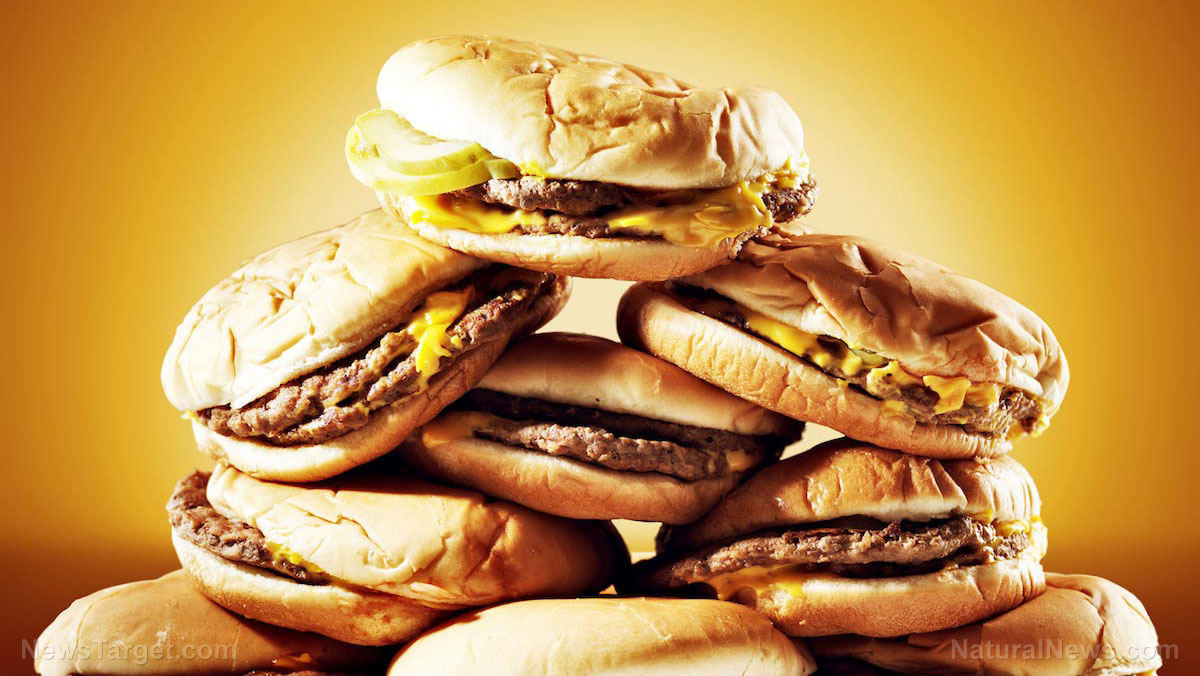
“This well-worn saying stems from cereal companies getting you to buy their degraded products back in the early 1900s,” Lowery told the U.K.'s BusinessInsider.com. “Their strategies were so successful that almost everyone I speak to on the subject repeats the same two myths: That breakfast is the most important meal of the day and/or that skipping breakfast slows down your metabolism. Worst of all, cereal products have next to no nutritional value and are full of sugar — one of the worst ways to start the day.”
Although his sentiments may seem hard to swallow, he isn't alone in expressing them. Dr. James Betts, Reader in Nutrition and Metabolism at the University of Bath, is one of those who has called the importance of breakfast into question. “The problem is that these benefits of eating breakfast, although logical sounding, are largely assumptions based on observational studies and had never actually been tested. I was amazed when I started looking for evidence – I thought there would be a lot,” Betts remarked.
Professor Peter Rogers, psychology professor at Bristol University, is another person who believes that skipping breakfast is good for you. “Most of us could do with eating less. Given that it’s probably the easiest meal to skip, maybe skipping breakfast occasionally could be that opportunity,” Rogers told the DailyMail.co.uk.
For Lowery, he's embraced eating only two meals a day and has no intentions of returning to the standard of three meals daily, stating: “I stopped eating breakfast four years ago and I haven’t looked back since. It’s become a part of my lifestyle and I could never go back to eating breakfast again.”
The benefits of time-restricted eating
Lowery's dietary regimen is based on the concept of “time-restricted eating” or “time-restricted feeding,” a type of intermittent fasting that refers to eating that has been limited to a certain number of hours each day. Lowery himself limits his daily food consumption to an eight-hour period, and the remaining 16 hours serve as the fasting period, during which zero calories are put into this body.
This specific eating pattern has a number of purported health benefits, according to Healthline.com. The most obvious of these is weight loss, as this style of eating greatly limits the amount of calories that are eaten each day. Assuming, of course, that the foods eaten aren't densely packed with calories. (Related: Intermittent Fasting : Why Compressing Your Eating Schedule Sheds Stubborn Weight.)
The other benefits include lowering the risk of heart disease by reducing the amount of “bad” or low-density lipoprotein (LDL) cholesterol filling up the body and minimizing the risk of diabetes by improving blood sugar levels. Furthermore, time-restricted eating was not observed to negative impact the strength and endurance of those who exercise regularly, so any worries about this diet affecting one's physical abilities can be put to rest.
Perhaps less known but just as important is that fasting in general gives the body a much-needed break to perform all of its different functions at optimal levels. For example, eating encourages the liver to produce glucose and release it into the bloodstream, while fasting inhibits glucose production. And instead of entering our bloodstream, the liver uses glucose to repair cell damage; the liver also uses this time to generate enzymes that break down cholesterol into acid, which then dissolves brown fat, and converts calories into heat.
Though time-restricted eating may be difficult at first, it's definitely a diet that you should try if and when you can. It's worked for Lowery, so who knows what it may do for you.
Go to Slender.news for even more stories that are just like this one.
Sources include:
Please contact us for more information.























